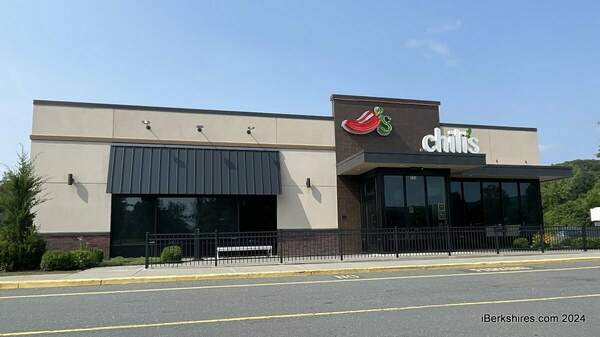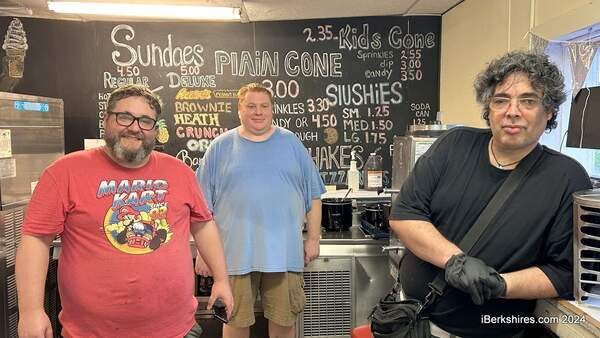
Taconic's Student Voice Club Has Successful School Year, Looks for New Members
PITTSFIELD, Mass. — Taconic High School's new student government organization had a number of accomplishments in the 2021-2022 school year and is looking to recruit more members for the next.
Founder William Garrity gave a presentation on the Taconic Student Voice Club at the last School Committee meeting.
The club's first project involved ensuring the future of a theater program that was seemingly at risk.
In late October it was announced that the nonprofit that provides funding to the school for theater programming, Save Our Shakespeare, was dissolving. This made students concerned that the school would not be able to participate in Shakespeare & Company's Fall Festival.
The club took action, meeting with representatives from the theater company, Pittsfield Public Schools, and Fall Festival students and SOS is now returning under new leadership.
"I actually am looking to be a part of the board of directors for the nonprofit," Garrity reported. "I also heard the district will be funding the program for the next two years."
The now-graduated student laid the foundations for the voice club in April 2021 and its first meeting was held in October 2021. Prior to the club, there were no student government organizations at the high school.
The club's goals for the 2021-2022 school year were to improve student experience and communication between students and the administration, to be open and accessible to the whole student body, and to be managed by students.
Garrity also wanted to give students an opportunity to voice thoughts and concerns through a student-run organization, which he saw as an area of need at Taconic.
The club also conducted a student report on school issues by directly speaking with peers, managed a virtual suggestion box, distributed a weekly newsletter, held a meeting with School Committee Chair William Cameron, and helped coordinate elections for the school's student representative to the committee.
The club did struggle with lack of participation, having only one to three students at its weekly meetings.
Garrity -- the class of 2022 valedictorian and a former student representative -- made two recommendations for this coming school year to increase membership.
The first was to make it more accessible to students by addressing a lack of after-school transportation and scheduling conflicts with other extracurricular activities. He also suggested that they continue recruitment efforts through teacher recommendations and social media.
Since Garrity has graduated from Taconic, he pointed out that it will be up to new members to carry on the organization and make a positive impact on the school.
He reported that there has been some student interest in taking over or being involved with the club.
Multiple members of the committee commended Garrity for his work.
Committee member Alison McGee assured him that lack of participation is a common problem with volunteer work and said he has the club "amazingly structured" and has targeted some really important things.
"I have never met a more indefatigable person than you, William," Cameron said. "I have never seen anybody with the energy on so many fronts to do high-quality work."
Tags: school theater, Taconic High,















